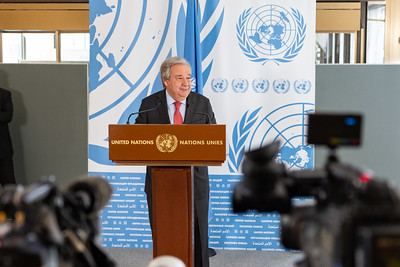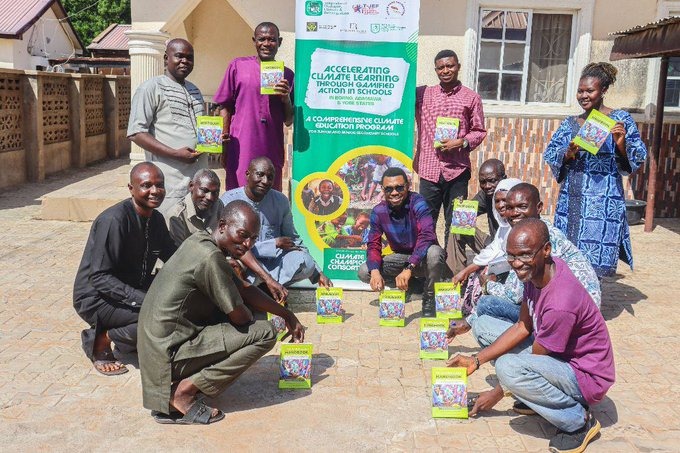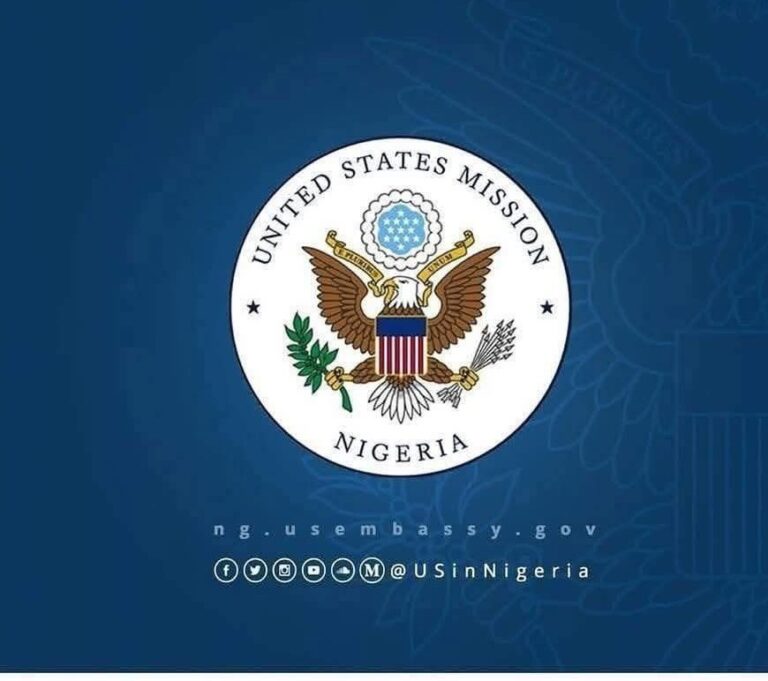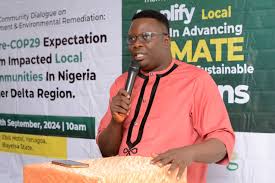
By Fatima Saka
United Nations (UN) Secretary-General António Guterres has called for an urgent and coordinated global response to steer the world toward safety and achieve net-zero emissions by mid-century.
Addressing the escalating impacts of violent weather that continue to cause human tragedy and economic devastation worldwide, Guterres underscored the need for intensified efforts to limit global temperature rise to 1.5 degrees Celsius.
Speaking at the COP29 High-Level Event on the stocktake of “Integrity Matters” on Wednesday in Baku, Azerbaijan, Guterres highlighted the critical role that cities, regions, businesses, and financial institutions play in this global endeavor. “You are on the front lines, helping consumers, investors, and regulators understand what credible net-zero strategies look like,” he said.
During his speech, Guterres acknowledged the progress being made in aligning net-zero commitments with the United Nations High-Level Expert Group’s recommendations.
He expressed gratitude for the leadership demonstrated but stressed the need for broader participation: “I thank you for your foresight, insight, and commitment. Now, we need others to follow.”
The Secretary-General laid out specific actions required by non-state actors to ensure robust, accountable transition plans are in place by COP30. “These plans must adhere to the full set of recommendations from the UN High-Level Expert Group and align with limiting the global temperature rise to 1.5 degrees Celsius. He emphasized that they should chart a path to net-zero by 2050, with clear milestones for 2025, 2030, 2035, and beyond, and that they must include transparent policies on research and development and renewable energy investments.
“These plans must be science-based and outline the phase-out of harmful practices. They must disclose policies on lobbying and ensure full decarbonization across the entire value chain without relying on dubious offsets, including so-called Scope 3 emissions. Incomplete net-zero plans that exclude Scope 3 emissions fail to meet the mark,” Guterres said.
He reinforced the urgency of fast-tracking efforts and warned against the dangers of complacency and superficial commitments. “Now is the time to fast-track, not backtrack. This is a moment for ambition and transparency—not greenwashing,” he stated.
Guterres called for a shift from voluntary commitments to mandatory regulations, emphasizing that the survival of humanity depends on concrete actions. “Disclosure of creditable transition plans aligned with 1.5 degrees Celsius must become mandatory for corporations and financial institutions.
This will require collaboration among governments, regulators, and financial authorities to establish processes that ensure these plans are scientifically credible, measurable, and verifiable,” he explained.
He urged all stakeholders, including businesses, financial institutions, cities, and regions, to collaborate with governments on their national climate action plans (NDCs) due by COP30. “Help governments provide policy and regulatory certainty for a 1.5-aligned future.
Governments should facilitate, not hinder, the work of other actors striving for climate compliance,” Guterres urged.
Guterres further concluded by expressing hope for continued leadership and progress.
“Colleagues, friends, I look forward to learning more about your efforts to guide the world toward a clean and prosperous future. Time is racing, and you are on the right side of history,” he said.



